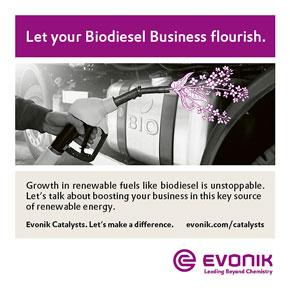Japanese tugboat successfully trials biodiesel during port operations
Biodiesel fuel is carbon neutral defined in the IPCC guidelines and can be used without changing the specifications of existing marine diesel engines by mixed combustion with heavy fuel oil - the main fuel for ships.
The biodiesel supplied by Toyotsu Energy Corporation in May was made from waste cooking oil.
This initiative contributes to a circular economy through the construction of a supply chain based on local production for local consumption.
The fuel supply vessel supplied the biofuel to the Aihomaru using a ship-to-ship method.
The demonstration voyage was part of K Line’s long-term environmental guidelines and its Environmental Vision 2050 - Blue Seas for the Future strategy.
The Japanese group has set a target of 50% improvement in CO2 emissions efficiency in comparison with 2008, which exceeds the 2030 target of a 40% improvement in CO2 emission efficiency set by the IMO.
K Line also aims to drive its own decarbonisation efforts and support decarbonisation of society by attempting to achieve net-zero greenhouse gas (GHG) emissions by 2050.
Going forward, the group will continue working to achieve these targets by introducing alternative fuels that can reduce its environmental impact.
As part of this action plan to reduce GHG emissions, K Line is involved in several initiatives for introducing zero-emissions fuels, such as ammonia and hydrogen fuels, and carbon-neutral fuels such as bio-LNG and synthetic fuels.












